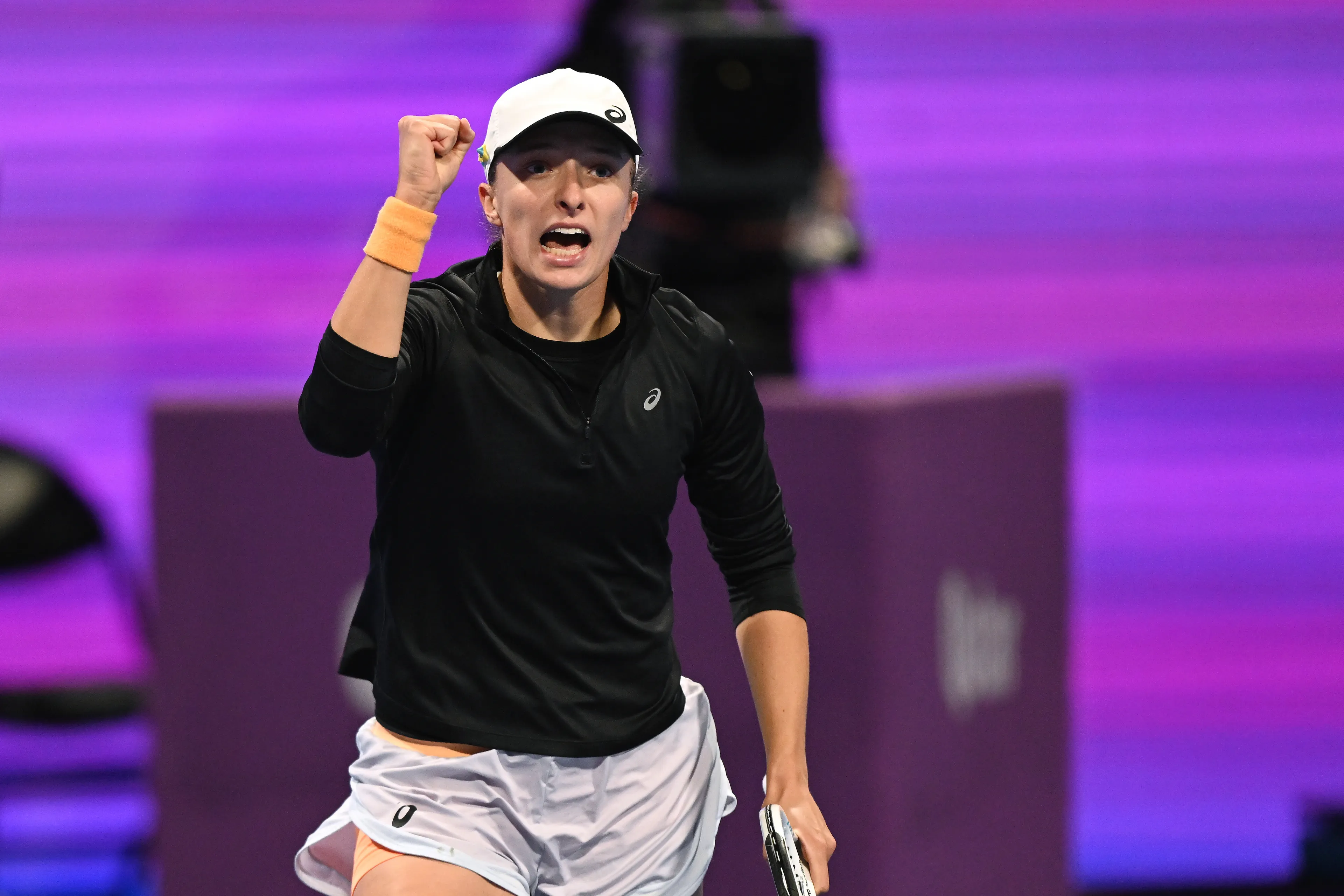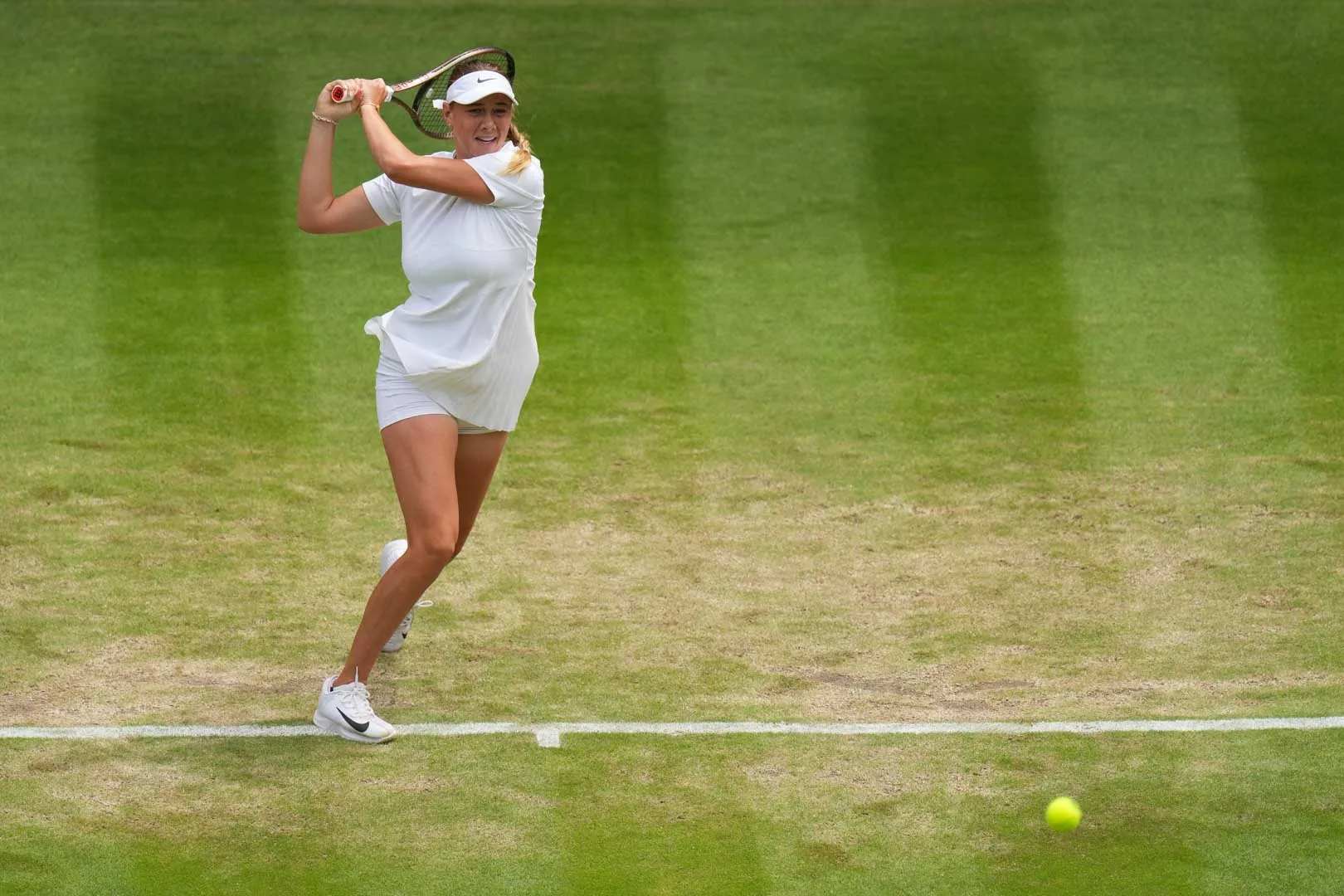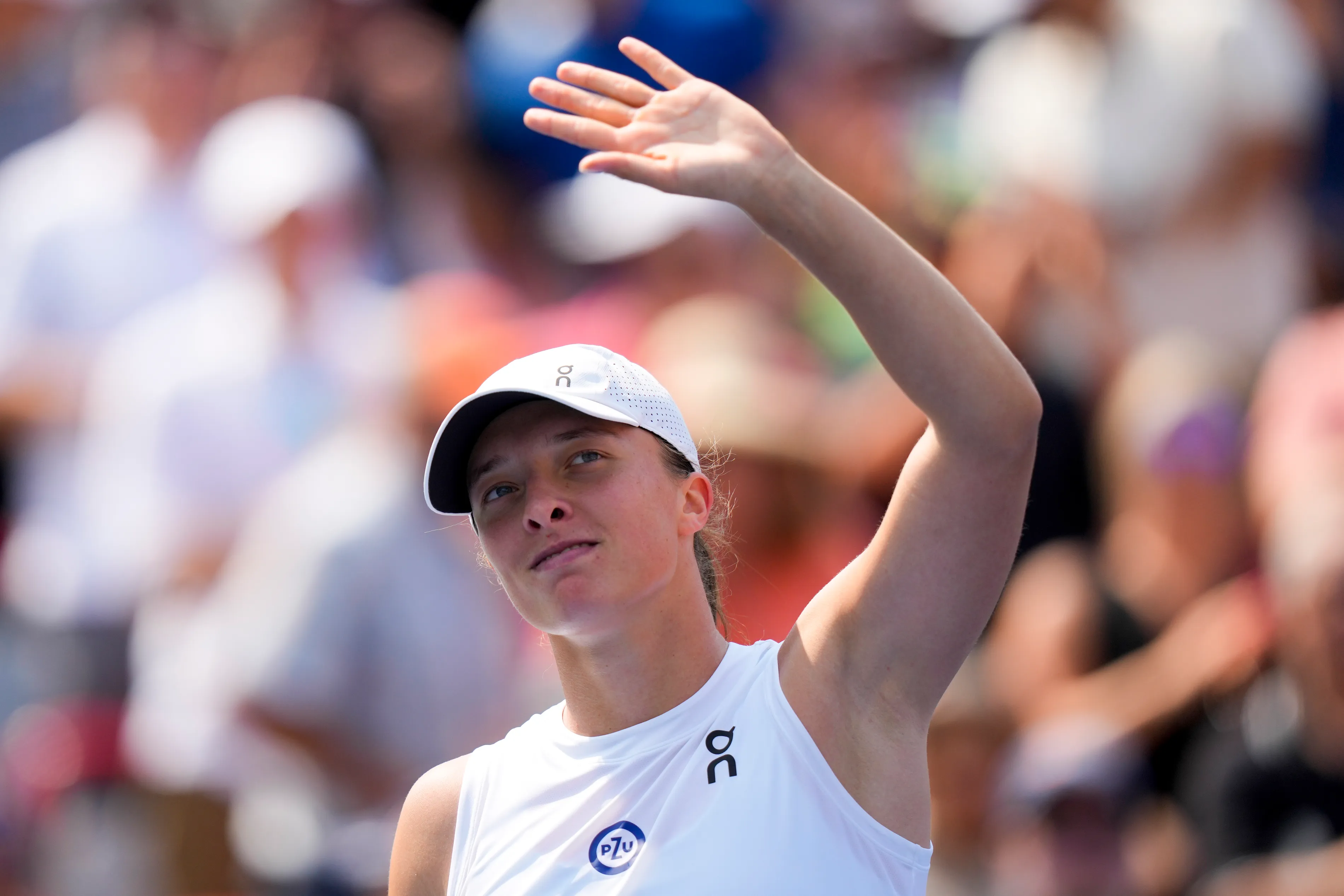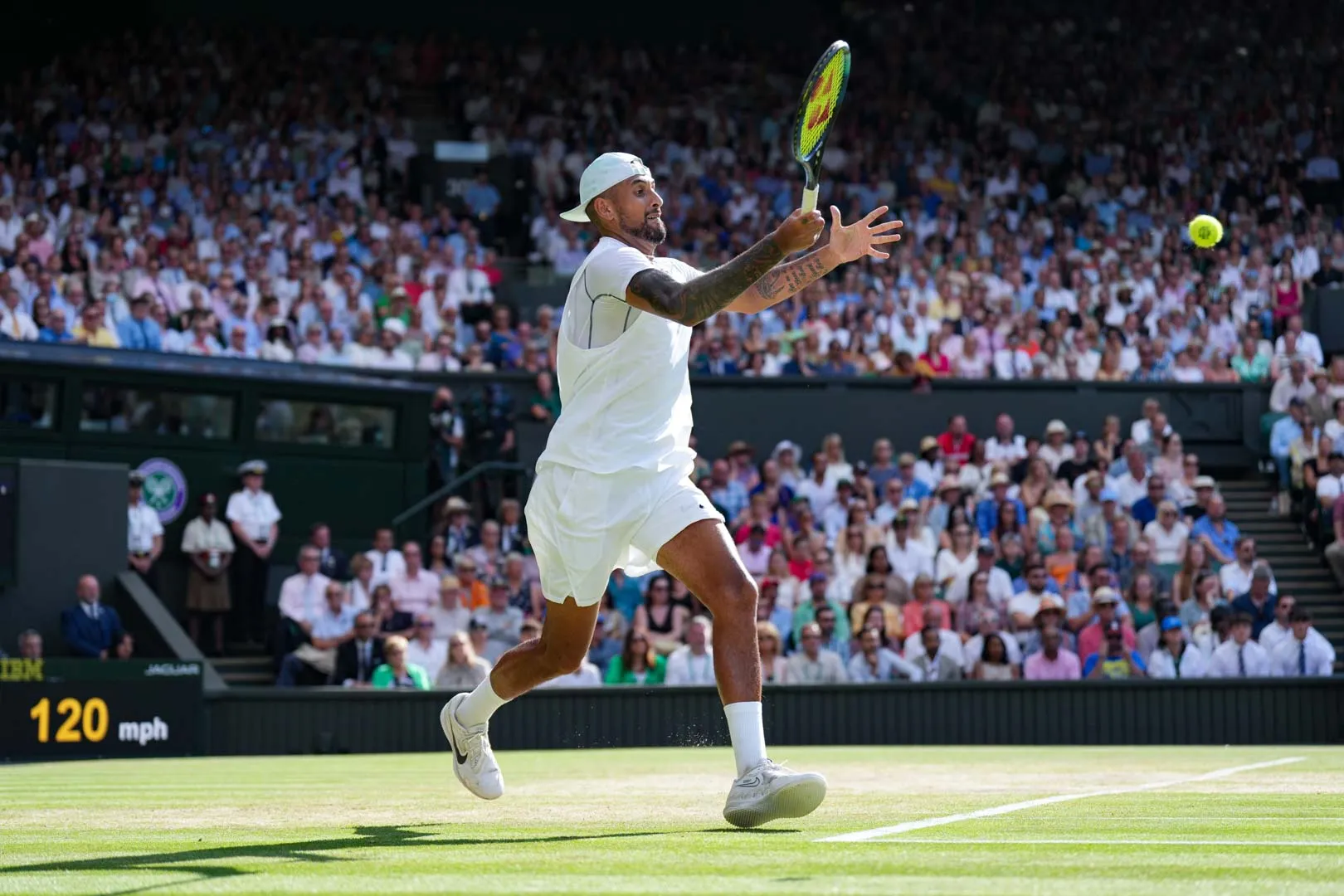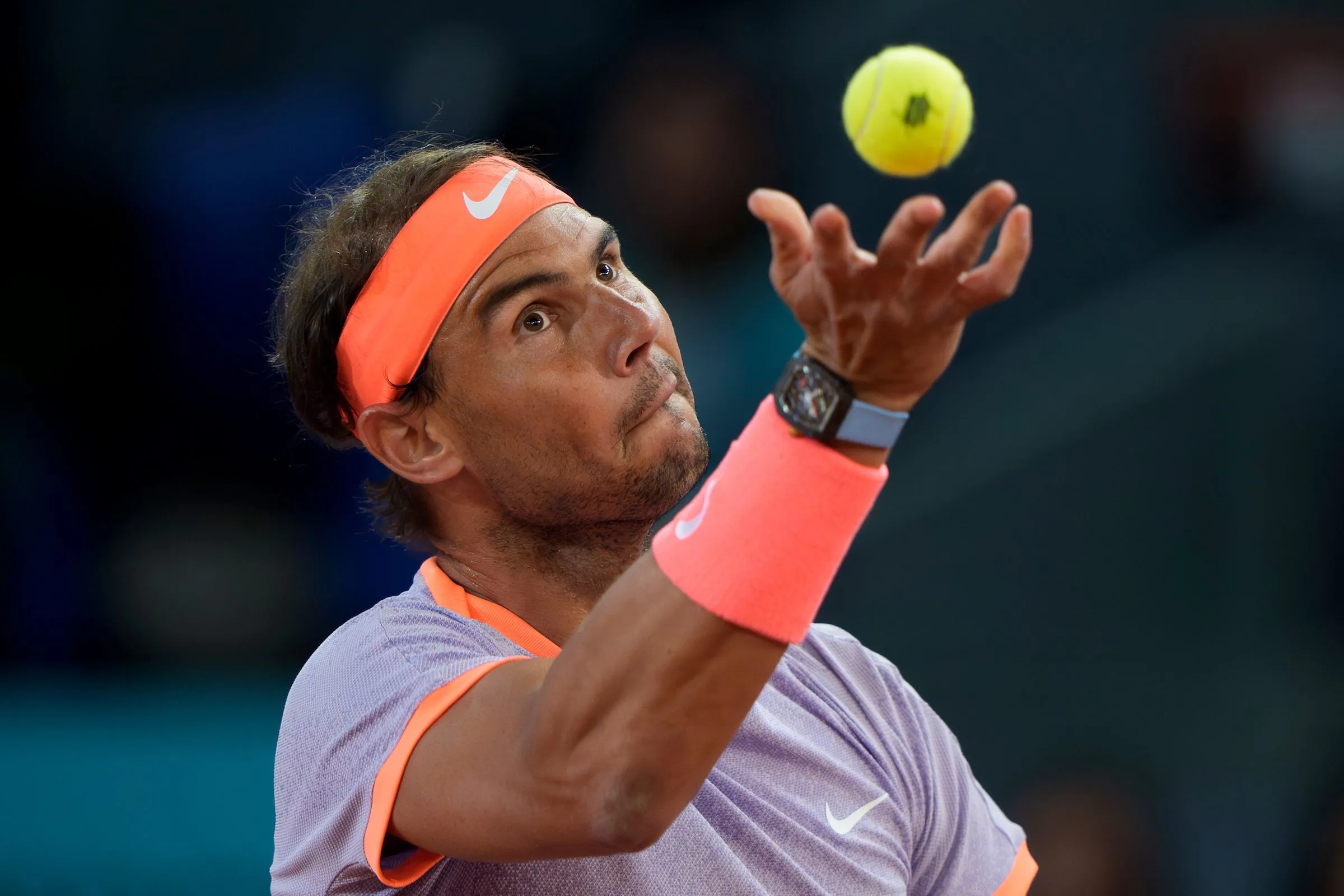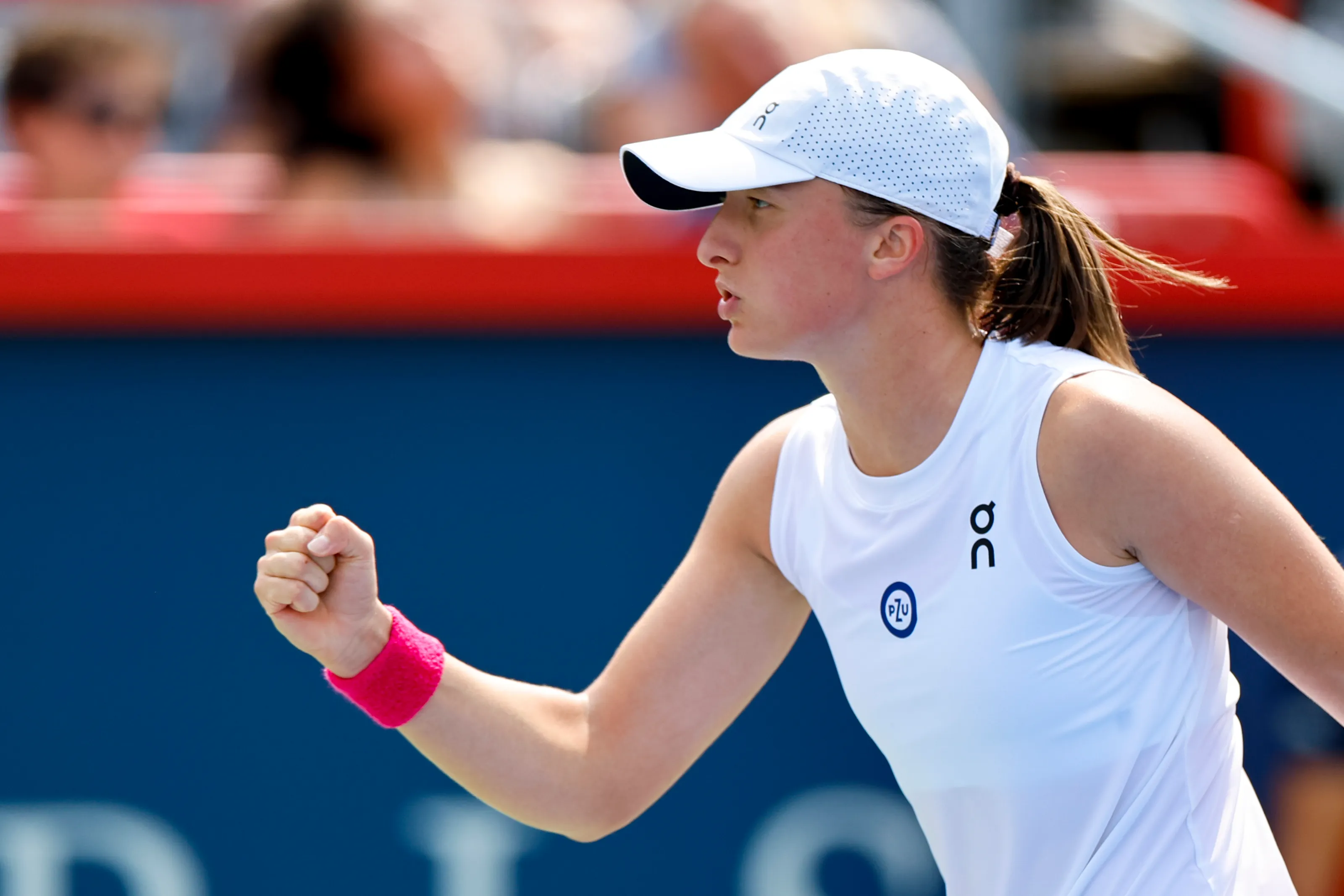Kudermetova's Sponsorship Sparks Controversy Amid Russian Sanctions
WTASunday, 30 April 2023 at 23:37
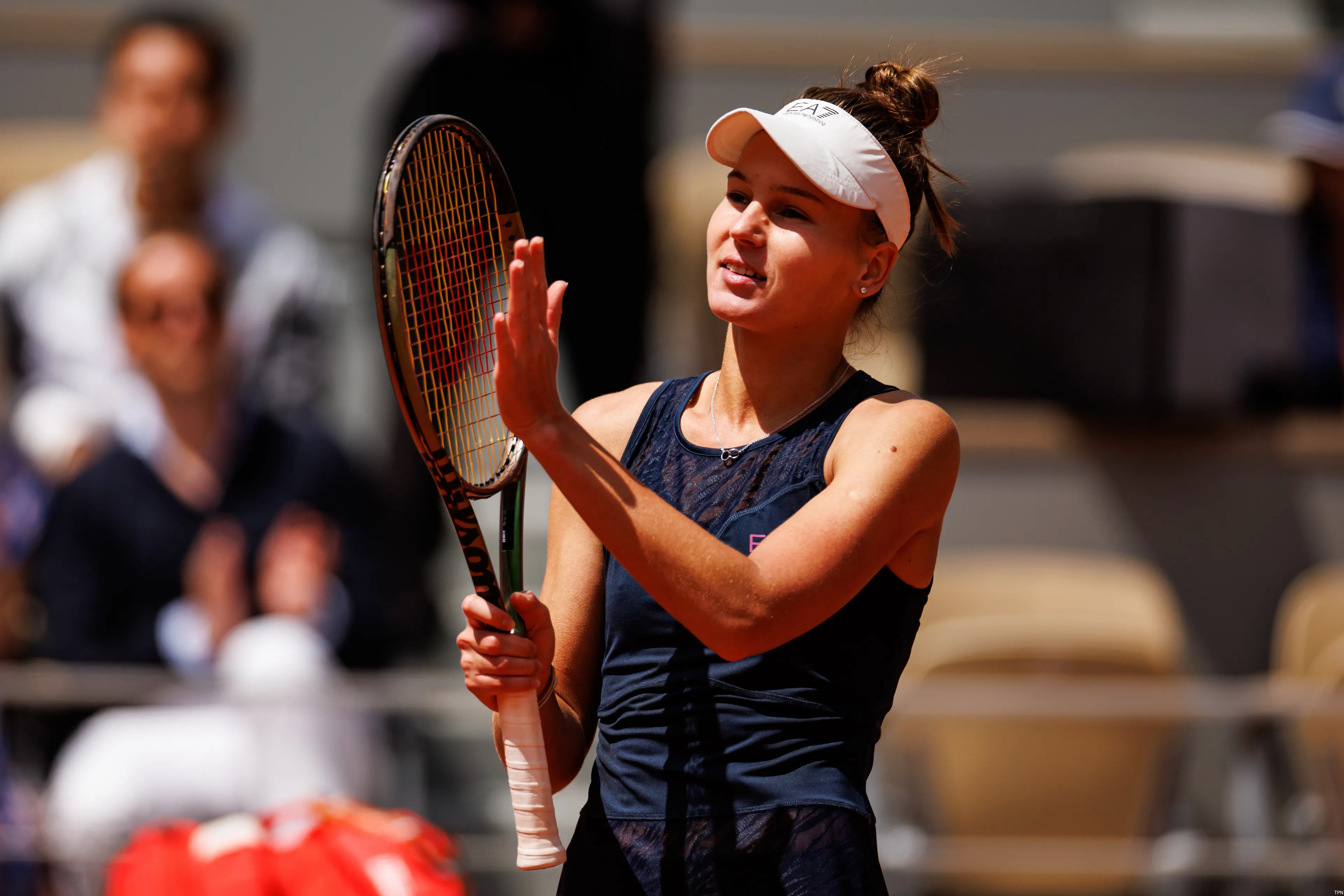
Veronika Kudermetova stirred the pot by donning a sanctioned sponsor's logo at the Madrid Open, raising eyebrows across the tennis world.
The 26-year-old is currently ranked 13th player on the WTA Tour and at the 2023 Madrid Open, she overcame a string of four losses by beating Nuria Parrizas-Diaz and Anastasia Potapova in the first two matches to set up a fourth-round meeting with Daria Kasatkina.
And her two fellow compatriots, Potapova and Kasatkina were caught in controversies over the past few months too. While Potapova sparked outrage by wearing Spartak Moscow's jersey, Kasatkina has been on the receiving end, as she was denied a handshake by Ukrainian Lesia Tsurenko during the ongoing event in Madrid.
Kudermetova has found herself at the center of a growing controversy because of the logo of her sponsor, Tatneft, during the Madrid Open as initially reported by iNews. The oil and gas behemoth, currently under EU sanctions for supplying the Russian army, has drawn the ire of the international community.
Kudermetova has been sporting the Tatneft logo on her warm-up shirt and match shirt, raising questions about the appropriateness of such sponsorship in the current political climate. An arm of Tatneft was hit with EU sanctions in June of last year due to its role in manufacturing and supplying tires for Russian military vehicles used in the conflict with Ukraine.
Read also
While the WTA rulebook doesn't explicitly prohibit Kudermetova from displaying the contentious logo, the move has ignited a debate about the responsibilities and boundaries of professional athletes when it comes to representing potentially controversial sponsors.
The issue has already been anticipated by tennis authorities in the United Kingdom, who have implemented measures to address similar situations. Players participating in this year's All England Club and the LTA events will be required to sign a declaration of neutrality if they want to compete, stating that they will not show support for the Russian regime, or receive funding from the Russian state.
This means that if Kudermetova decides to play on the grass this summer, she will not be permitted to wear the Tatneft logo during her matches. The controversy highlights the delicate balance professional athletes must strike between personal endorsements and broader social and political considerations.
Kudermetova's decision to wear the Tatneft logo at the Madrid Open serves as a reminder that athletes are not immune to the geopolitical tensions that surround them. As this situation unfolds, it will be interesting to see how the tennis community and governing bodies respond and whether this incident will lead to stricter regulations regarding athlete sponsorship in the future.
Read also
Write a comment

